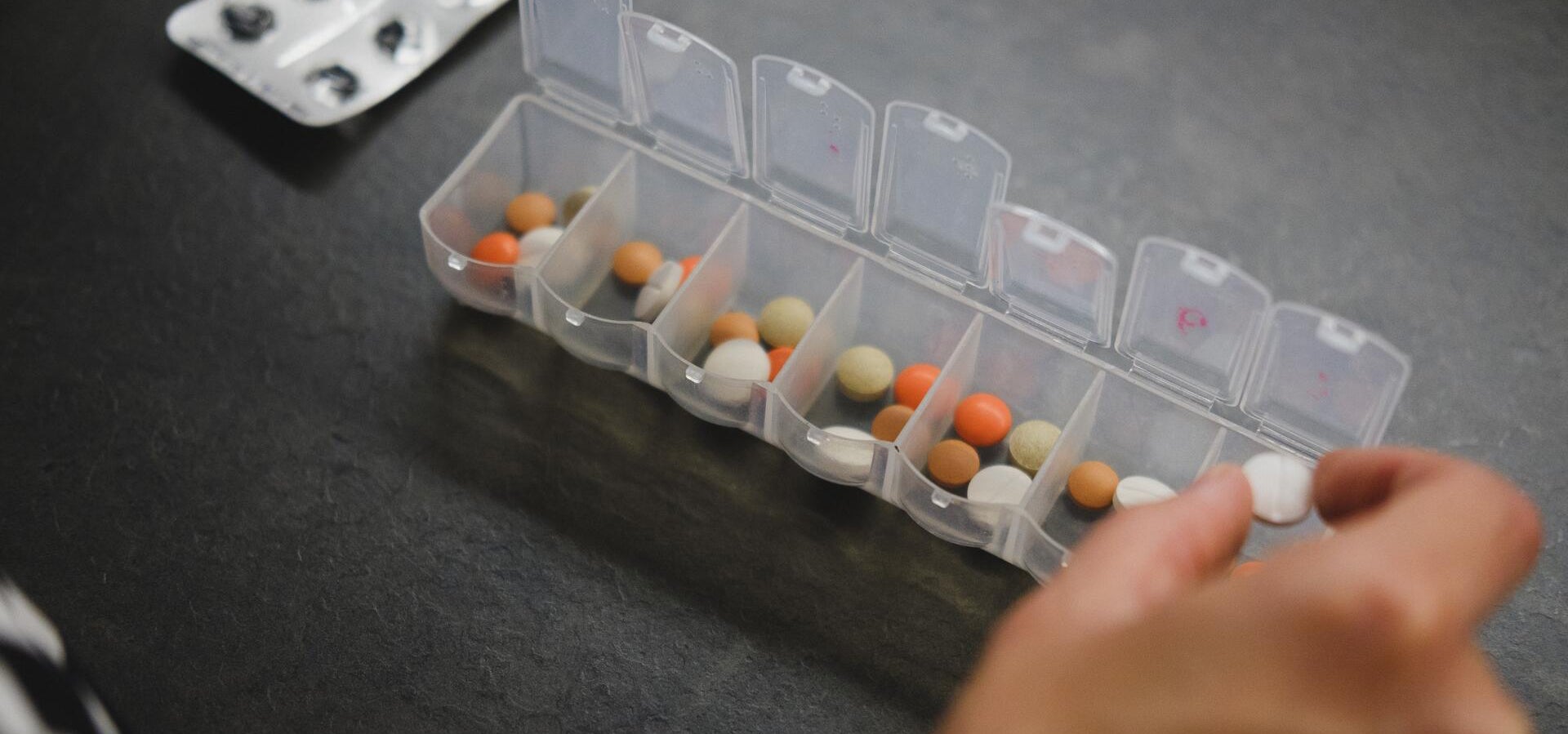
In an age of misinformation, knowledge translation is an increasingly important way to communicate research to the audiences who need it.
Knowledge translation (KT) links the creation of knowledge from research areas to real-world situations. With increased specialization and the level of disciplinary-specific training required to engage with research findings, KT is a purposeful approach to bridging communication gaps between disciplines and with public audiences.

Dr. Colleen Maxwell, a professor and university research chair at the School of Pharmacy, and doctoral student Wajd Alkabbani co-authored a KT editorial about a recent drug study.
They were invited by the prestigious journal Neurology, the official journal of the American Academy of Neurology, is the most widely read and highly cited peer-reviewed neurology journal with significant clinical reach.The editorial commentary by Maxwell and Alkabbani is an example of how KT can bring health-care research to wider audiences.
The paper that the Waterloo researchers reviewed investigated whether pioglitazone, an existing older diabetes medication that helps control blood sugar levels in type-2 diabetes patients, can also protect patients from dementia.
The original research was conducted by Ha et al and reported promising results that were consistent with previous research.
“The study was well conducted and included a lot of nuanced methodology, but we need to take a step back and look at all the existing evidence around the safety profile of pioglitazone,” says Alkabbani, who is supervised by Dr. J.M. Gamble. “The research findings by Ha et al. are exciting but the overall clinical conclusion can get lost. Editorials are important to ensure knowledge translation is properly conveyed to not over-emphasize results.”
Maxwell and Alkabbani’s editorial is an example of how KT can bring health-care research to wider audiences. It has been a key factor in public communication about the research findings and cited recently in at least 29 news outlets so far. Utilizing KT to assist with science communication can strengthen the health-care system and improve informed decision-making.
To learn more, please read the original story “Waterloo Pharmacy professor and doctoral student invited to discuss recent research findings in Neurology” on Waterloo News.